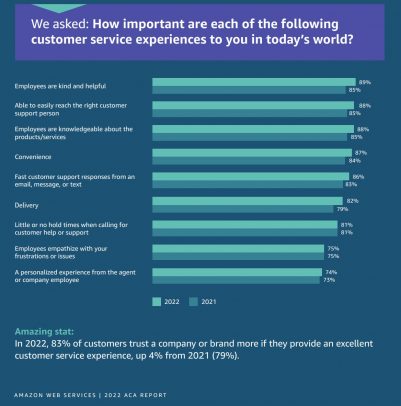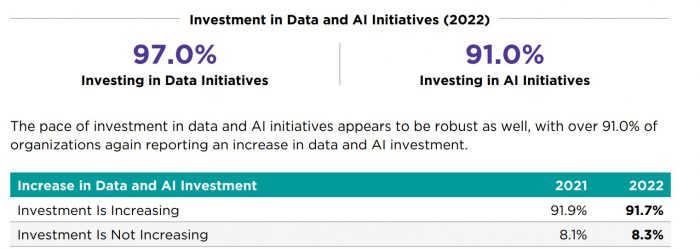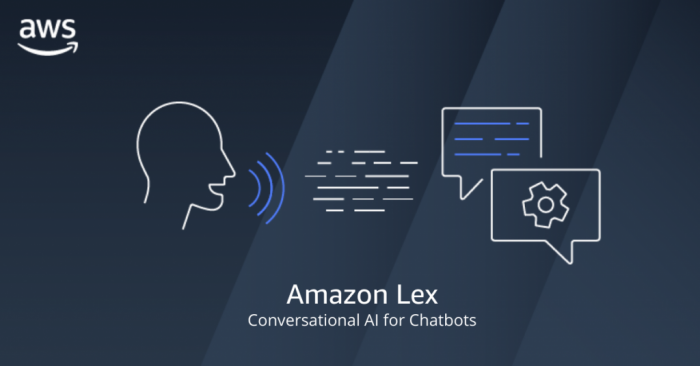Convenience is typically the name of the game, especially when it comes to winning business, according to the 2022 State of Customer Service and Experience Report; conducted by AWS. The report found that 75 percent of customers say they would switch to a competitor if they knew: it was more convenient to do business with them.
Furthermore, it found that it gives enterprises a competitive advantage.
Data from 2021, presented by Slack, suggested this number was smaller - at a mere 57 percent. That seems to have shifted in a matter of a year.
That is: at least, according to AWS, which found that 78 percent of customers say they are willing to "go out of their way" to go to a company with 'better customer service.' What's more, customers think things have gotten worse somehow. Fifty-nine percent of respondents noted- that they find customer service is worse now than before the Pandemic.

Source, What matters to customers, AWS Report 2022
This all implies a lot, so I sat down with some experts on experience over at AWS. As such, I spoke with Vikram Anbazhagan, General Manager & Director of Product Management at Amazon AI (artificial intelligence) I wanted to leverage the firm's expertise in AI to see how executive teams and contact center agents across the globe might satisfy increasingly frustrated customers - in our new hybrid reality.
He noted that AI does a lot: principally enabling things like 24/7 availability and online chat with bots to answer pressing customer questions. Anbazhagan further shared that adding AI to contact centers generally extends a more personalized experience.
I explore this and a lot more in the below sections; with AWS, to hopefully help executives turn some of these paradigm shifts on their heads and extend good customer experiences (CX).
Implementing AI/ML in Contact Centers
With Amazon since 2008, Anbazhagan has a long history with the tech giant, which dips its toes in plenty of areas. One of its most profitable areas is in the contact center, which consists of an entire suite of tools geared at the customer and the experience they have interacting with firms.
There is also the experience that employees have while leveraging contact center tools, which is equally significant. Anbazhagan said that long hold times are avoidable - and AI can help. Things like self-service, which AWS found to be dominant, according to its report.
It found that self-service is more crucial in 2022 than in 2021, according to it: 71 percent of customers report leveraging self-service tools to answer questions or handle issues before contacting a live customer service agent. That number rose by four percentage points from 67 percent in 2021.

Source AWS 2022
Training, too, plays a role in delivering excellent CX. Simply relying on contact center tools to lend users access to 'the total experience' is wishful thinking. It may lead to customer frustrations if the agent does not receive the proper training because of high employee turnover rates - Anbazhagan told GetVoIP News.
Another issue, Anbazhagan says, comes down to an overall lack of insight. How are agent calls going? Why are call volumes spiking right now? Knowing the answers to these questions can offer up several ways to boost central metrics in a contact center.
Not to mention, valuable data can assist with implementing restructuring practices for agents: company policies, etc., with hopes of resulting in faster resolution times, for instance.
AI in AWS currently enables real-time insights by taking audio and converting it to text. After that, executives and contact center management can find out; the customer sentiment before and after calls, why they called, and how long it took to resolve that call.
All these Data, Now What?
It may appear tricky to dissect data collected in a contact center environment, but it isn't. According to Anbazhagan - it does not have to be. Conversational IVR (interactive voice response), Amazon Lex is a handy feature of Amazon Connect, AWS' CCaaS (Contact Center as a Service) platform, which enables conversational IVR experiences.
Said AI-powered experiences are then easily inserted into new and existing call flows.
The software ignores greetings yet focuses on keyword/phrase identification like: "I did not receive my delivery." Accompanied by a knowledge base system, the duo can enable a (sort of) next-level customer and agent experience.

Source, Amazon 2022, Amazon Lex
Contact center agents are then (presented with) instructions to assist them in resolving a customer query.
Now that AI is integrated into the contact center workflow: How does one inset intelligence into the bot experience? According to Anbazhagan, this is why AWS launched a feature that learns from prior calls. Said data; are then loaded into the platform to provide reasons for why people call, i.e., to check account balance, pay a bill - etc.
"It makes it easier for whoever is building the experience for contact center agents and how they should handle incoming calls - without any code."
The objective here: is to make the agent's job easier, Anbazhagan further noted. Amazon Connect also integrates with Contact Lens, which helps contact centers follow the sentiment and trends related to customer conversations.
Some Companies will Remain in the Dark
AWS and others like Zoom, Microsoft, and Five9 have put a great deal of effort into contact center automation and on the data aggregation front as well.
And that is (precisely) what customers want, craving innovation, a Salesforce report found. It notes that customers want businesses to invest in the latest customer experience technology, with 57 percent of customers saying as much, noting it is "crucial."
What's most telling about all this; is that a sizable amount of enterprises, 91 percent - say they plan to increase investments in big data analytics and AI - a 2022 NewVantage report found.

Source, Newvantage AI Investment Report, 2022
The question; that remains: How many of these executives have followed through with their investments? How many companies remain in the dark regarding what customers really want, due to a lack of data/insights? There is also a lot of evidence to suggest that companies are cutting tech spending in several areas, and layoffs/cutbacks are (in order) for many tech firms.
This includes Meta, Avaya, Microsoft, and Twilio employees who have recently (come to learn) they'd be laid off; due to increasingly-rough economic times.
With shifting economic conditions and more (of an) emphasis on experience, it is clear; that now is not the time to slack off as a business. Customers always have and will continue to seek convenience, with AWS data lending additional credence to the concept.



